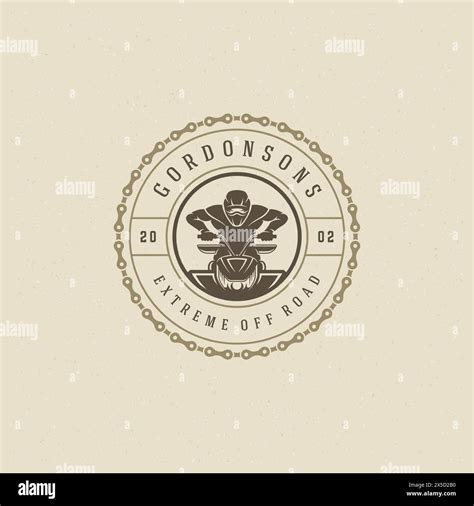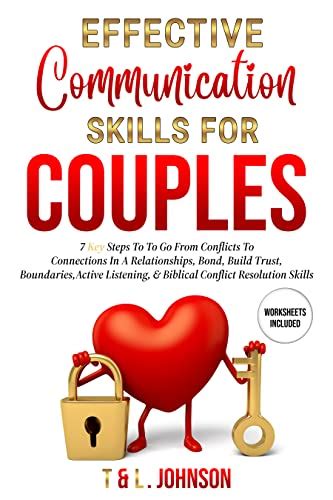Effective communication and conflict resolution are cornerstones of any healthy relationship. While often challenging, these skills are not innate; they can be learned, practiced, and mastered. For men, adopting practical strategies can significantly enhance their ability to connect, understand, and navigate disagreements, leading to stronger bonds and deeper intimacy. This article outlines actionable techniques designed to empower men in improving their relational communication and conflict resolution.
Mastering the Art of Active Listening
One of the most powerful tools in communication is active listening. This goes beyond simply hearing words; it involves fully concentrating on what your partner is saying, both verbally and non-verbally, and demonstrating that understanding. When you actively listen, you put aside your own thoughts, judgments, and desire to formulate a response, and instead focus entirely on grasping their perspective.
- Give Undivided Attention: Put away your phone, turn off the TV, and make eye contact. Show your partner they have your full presence.
- Reflect and Paraphrase: After your partner speaks, summarize what you’ve heard in your own words. For example, “So, if I understand correctly, you’re feeling frustrated because…” This confirms understanding and gives them a chance to clarify.
- Avoid Interrupting: Let your partner finish their thoughts completely before you respond. Interrupting can make them feel unheard and disrespected.

Communicating with Clarity and Intent
Clear communication means expressing your thoughts, feelings, and needs in a way that is easily understood and minimizes misinterpretation. This requires self-awareness and a commitment to directness, without being aggressive.
- Use “I” Statements: Instead of accusatory “You always…” statements, frame your feelings from your perspective. For example, “I feel overwhelmed when…” is more constructive than “You make me feel overwhelmed.” This shifts the focus from blame to your experience.
- Be Specific, Not Vague: Vague complaints are difficult to address. Instead of “You never help,” try “I would appreciate it if you could help with the dishes tonight.” Specific requests provide clear paths for resolution.
- Choose the Right Time and Place: Avoid bringing up sensitive topics when one or both of you are stressed, tired, or in a rush. Find a calm, private moment where you can both give the conversation your full attention.
Effective Strategies for Conflict Resolution
Conflict is an inevitable part of any close relationship. The goal isn’t to avoid conflict, but to develop healthy strategies for resolving it constructively. This protects the relationship rather than damaging it.
- Take a “Time-Out”: When discussions become heated or overwhelming, suggest a break. Agree on a specific time to revisit the conversation (e.g., “Let’s take 20 minutes to cool down and then come back to this”). This prevents escalation and allows both parties to regain composure.
- Focus on the Problem, Not the Person: Attack the issue, not your partner. Frame the problem as “we” against the problem, rather than “me” against “you.” This fosters teamwork in finding a solution.
- Seek to Understand Before Being Understood: Before presenting your side, genuinely try to understand your partner’s viewpoint. Ask open-ended questions like, “Can you help me understand why this is so important to you?”

Building Emotional Intelligence and Empathy
Emotional intelligence, the ability to understand and manage one’s own emotions and recognize emotions in others, is crucial for better communication. Empathy, the ability to understand and share the feelings of another, complements this by allowing you to connect on a deeper level.

- Recognize and Label Your Emotions: Being able to identify what you’re feeling (e.g., “I’m feeling hurt,” “I’m feeling frustrated”) helps you communicate it more clearly and manage it effectively.
- Practice Perspective-Taking: Regularly try to put yourself in your partner’s shoes. How might they be feeling? What might be driving their behavior or words?
- Validate Feelings: Even if you don’t agree with their perspective, acknowledge and validate your partner’s emotions. “I can see why you’d feel frustrated about that” doesn’t mean you agree, but it shows you hear and respect their emotional experience.
Sustaining Healthy Communication Habits
Improving communication and conflict resolution is an ongoing process, not a one-time fix. Consistency and commitment are key to long-term success.
- Schedule Regular Check-ins: Dedicate time, perhaps weekly, to discuss your relationship, what’s going well, and any areas that need attention, outside of conflict.
- Be Willing to Apologize: When you make a mistake or cause hurt, offer a sincere apology. Acknowledge the impact of your actions and express remorse.
- Practice Patience: Both with yourself and your partner. Developing new communication patterns takes time and effort from both individuals.

Conclusion
Improving communication and conflict resolution skills empowers men to forge stronger, more resilient relationships. By embracing active listening, clear expression, effective conflict strategies, and emotional intelligence, men can navigate the complexities of relational dynamics with greater ease and confidence. These strategies are not just about avoiding arguments; they are about building deeper understanding, fostering connection, and creating a partnership where both individuals feel heard, respected, and valued. The journey requires continuous effort, but the rewards of a truly connected relationship are immeasurable.



